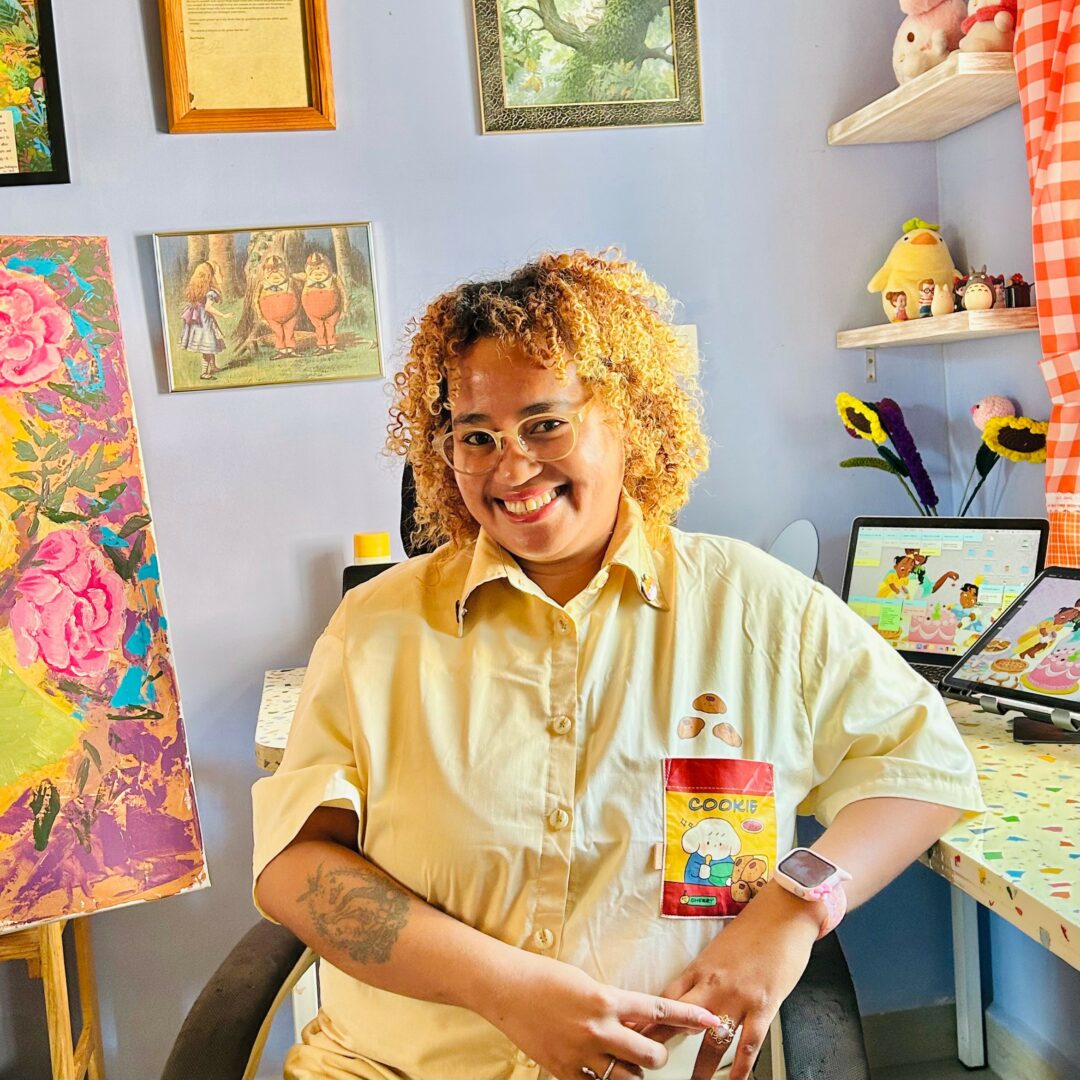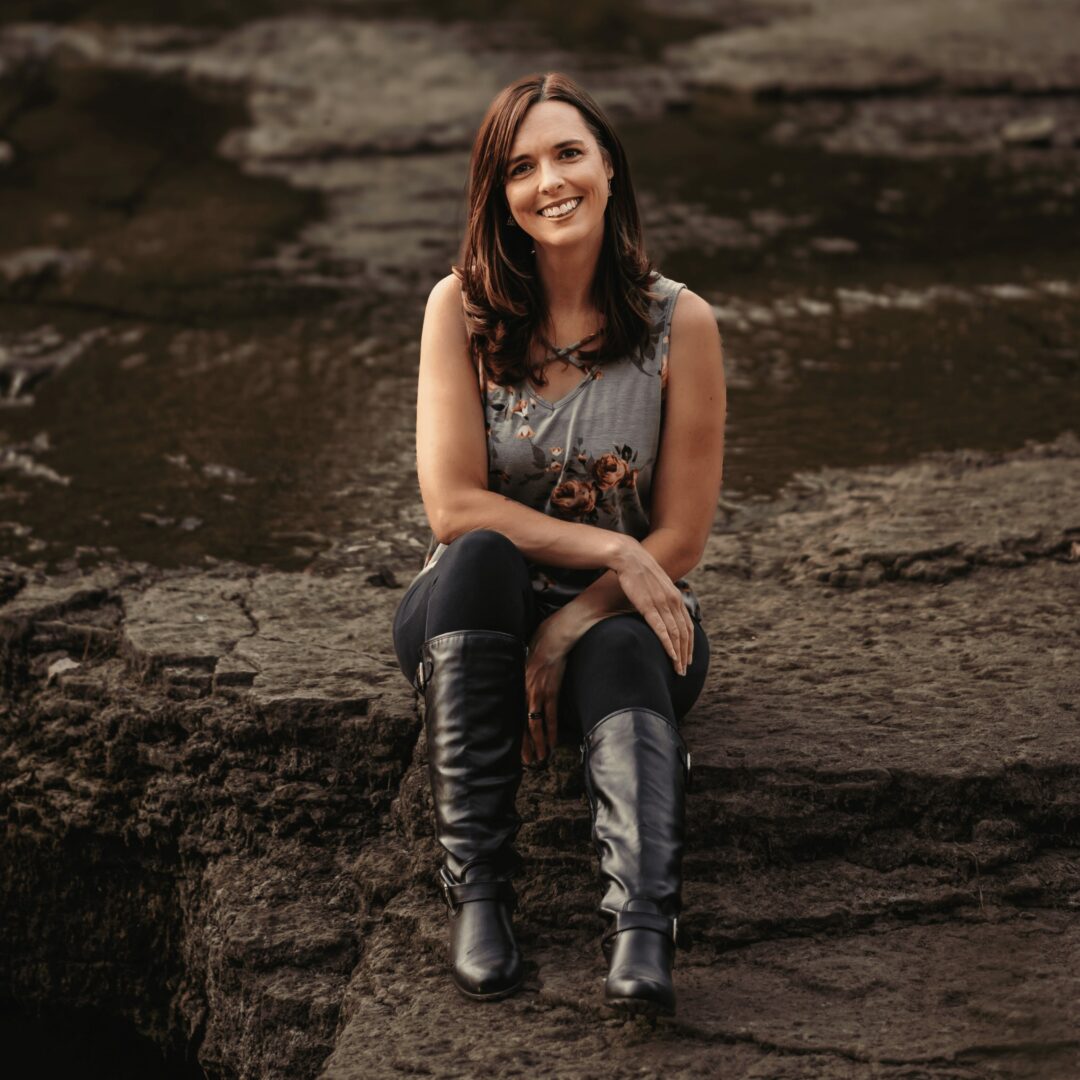We’re excited to introduce you to the always interesting and insightful Tiffany Zhao. We hope you’ll enjoy our conversation with Tiffany below.
Hi Tiffany, thank you so much for opening up with us about some important, but sometimes personal topics. One that really matters to us is overcoming Imposter Syndrome because we’ve seen how so many people are held back in life because of this and so we’d really appreciate hearing about how you overcame Imposter Syndrome.
Overcoming imposter syndrome has been a personal journey for me, one filled with moments of doubt but also growth. There have been so many times when I’ve questioned whether I truly belonged in certain spaces, especially in an industry like the entertainment industry—whether it was a producer, a writer, or even just conversations with highly accomplished people. I’d find myself thinking, What if they realize I’m not as good as they think? That fear of being “found out” felt like a shadow following me around, no matter how much I achieved.
One thing that really helped me was recognizing that imposter syndrome isn’t a sign of failure—it’s actually a sign of growth. If I was feeling out of my depth, it meant I was pushing myself beyond my comfort zone. Instead of letting those doubts control me, I started challenging them. Whenever I caught myself thinking, I don’t deserve this opportunity, I’d ask, What evidence do I actually have that I don’t? More often than not, I had plenty of reasons to believe I did belong—I was just too focused on what I thought I lacked. One of the favorite things my mentor said to me is that think like a average white man, would he also say he is not up for the job? If not, why should I?
Keeping track of my accomplishments made a huge difference. I started writing down moments when I felt proud—projects I completed, kind words from others, times when I stepped up and did something I never thought I could. Looking back at that list helped me realize that my success wasn’t just luck or a fluke. It was effort, persistence, and, yes, even talent.
Talking to others about it also opened my eyes. When I shared my struggles with friends or mentors, I was surprised to hear that they had felt the same way. Some of the most confident, accomplished people I knew admitted to having the same self-doubt. That realization was a game-changer for me—if they weren’t “frauds,” then maybe I wasn’t either.
The biggest lesson I’ve learned is that perfection isn’t the goal—growth is. I don’t have to know everything or be the best at what I do to deserve success. What matters is that I’m learning, improving, and showing up for myself every day. Now, whenever imposter syndrome creeps in, I remind myself that I’ve earned my place, just like everyone else.
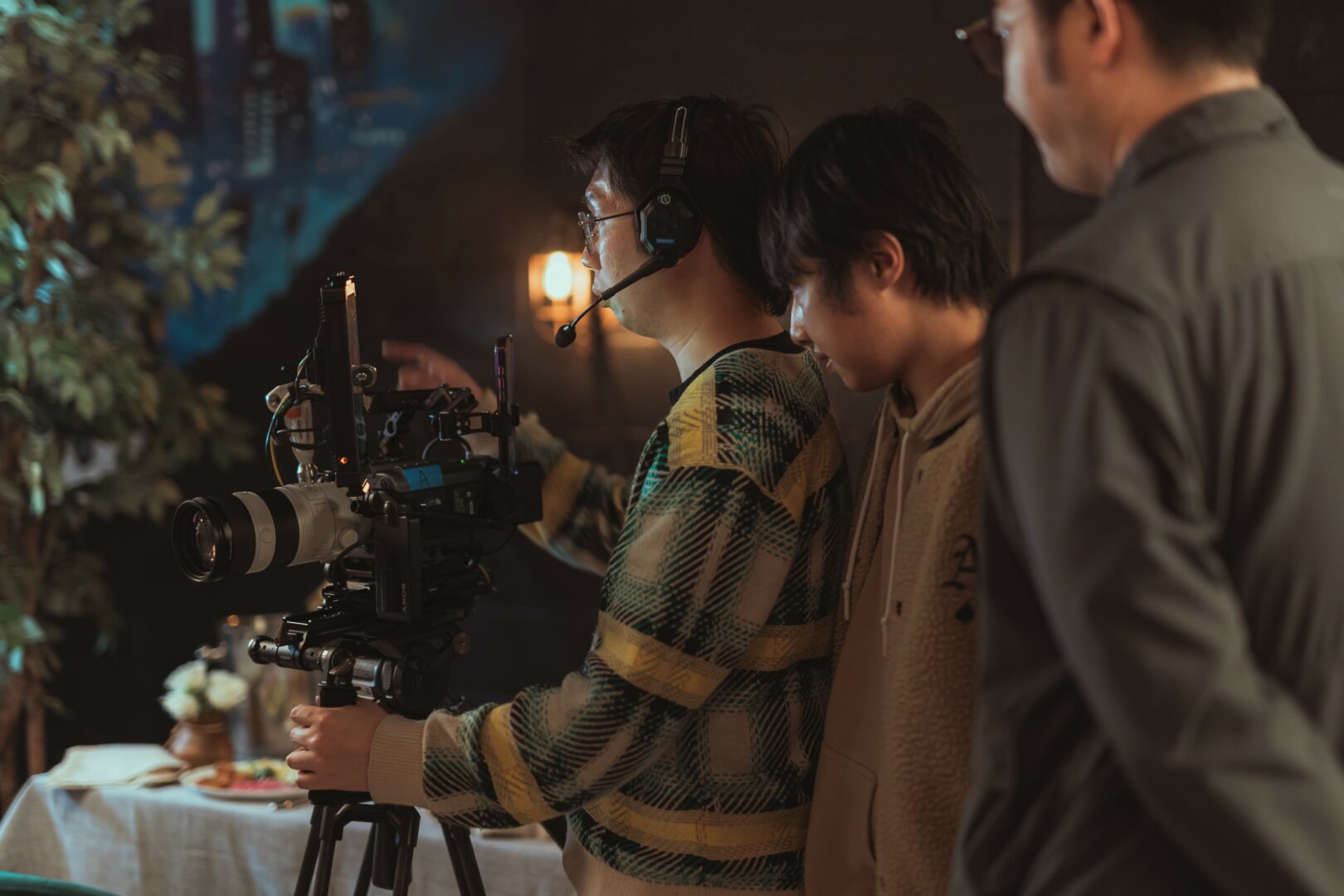
Appreciate the insights and wisdom. Before we dig deeper and ask you about the skills that matter and more, maybe you can tell our readers about yourself?
I am currently working as a producer and casting director in the vertical drama space. Me and my producing partner has a production company called A to Z Productions that is currently doing these projects from top to bottom. For those who have not heard of this strand of entertainment industry, vertical dramas are limited television series shot in a vertical ratio intended for phone-viewing. Each series is around 80-100 minutes in total, broken into 50-60 episodes. This form of content has been on the rise since early last year, and has been quickly gaining a global audience. The production process for it is incredibly intense– we, the production team, are given a very small budget and a very tight time frame to deliver a product for a client platform. We shoot a 85-110 page script in 8-9 days, which usually means shooting over 10 pages a day. For contrast, traditional network TV show/feature films shoot maybe 3-6 pages per day. Being a vertical producer has really taught me how to think outside-the-box and get creative in the producing process, because it’s all about how to make the most of very limited resources while still maintaining a healthy work environment where your cast and crew are still happy and taken care of. Because of the limited budget and high pressure on these projects, some producers have cut corners in production, which has led to disastrous outcomes. We have heard countless cast/crew horror stories of mistreatment and hazardous working environments, all while being paid very low wages. As a vertical lead producer, I do my best to foster a work environment wherein people are treated well, having fun, and feeling that their creative vision is being realized. I have produced 4 full vertical series in the past half year, and each of them were great learning experiences. I have met incredibly talented people on these projects, and I hope to collaborate with them on a much larger scale in the future. I would love for people know that, while the vertical space does produce some truly cheesy and cliched content, the people making it– both in front of and behind the camera– are creative professionals simply taking any opportunities they can to follow their passion for filmmaking in an industry that is getting increasingly harder to break into.
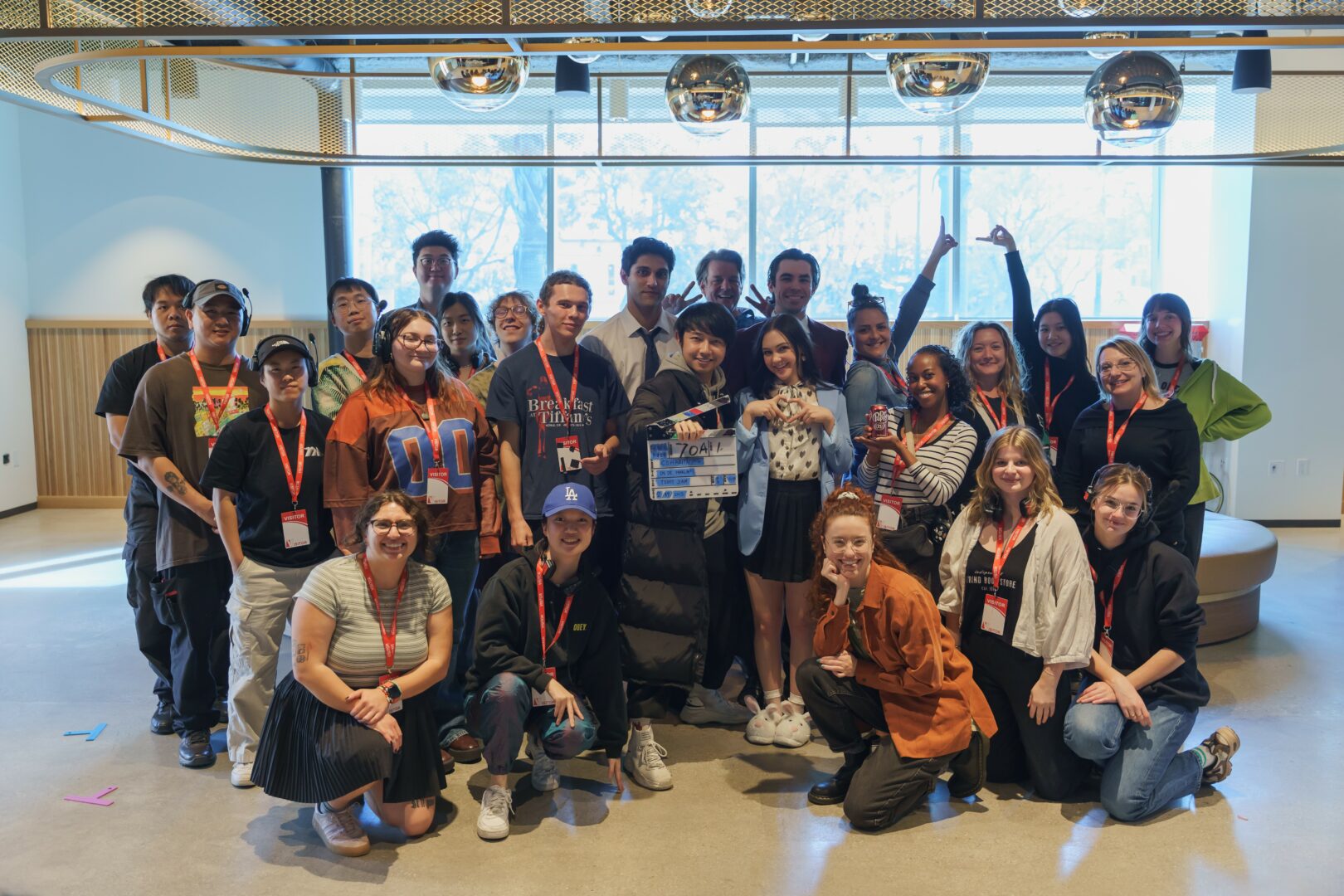
There is so much advice out there about all the different skills and qualities folks need to develop in order to succeed in today’s highly competitive environment and often it can feel overwhelming. So, if we had to break it down to just the three that matter most, which three skills or qualities would you focus on?
The three most impactful qualities in my journey have been adaptability, curiosity, and communication—or as I like to call them, the holy trinity of “figuring things out without totally panicking.” Adaptability has been my secret weapon in keeping up with the ever-changing world of technology, human interests, and, let’s be real, the occasional weird question about whether cats have a secret society (jury’s still out on that one). Life throws curveballs—sometimes it’s a small tweak, and other times it’s a whole new ballgame. My advice? Get comfortable being uncomfortable. Try new things, fail spectacularly, learn from it, and then try again. The people who thrive aren’t the ones who never stumble; they’re the ones who trip, roll into a dramatic somersault, and pop up like, “I meant to do that.”
Curiosity has also played a huge role in my journey—because honestly, if I wasn’t curious, I’d be a pretty boring conversationalist. Asking “why?” is how I keep expanding my knowledge, finding creative solutions, and making connections between topics that seem unrelated (like how writing a novel and baking bread both require patience and a lot of revising). My advice? Stay curious about everything. Read weird books, ask ridiculous questions, and dive into rabbit holes of knowledge like you’re on a never-ending Wikipedia binge. The more you explore, the more you realize how much there is to learn, and that’s what keeps things exciting. Plus, curiosity makes you that person who always has an interesting fact at parties—who doesn’t want to be the person who casually drops, “Did you know octopuses have three hearts?” into conversation?
And finally, communication—because what good is all that adaptability and curiosity if you can’t explain your brilliant ideas to other humans? Whether it’s breaking down a complex concept, cracking a joke, or just making sure you’re understood, good communication is everything. My tip? Practice. Write more, talk more, and experiment with how you explain things. Pay attention to great storytellers, listen actively, and never underestimate the power of a well-placed meme. Being a good communicator doesn’t mean using big words or sounding fancy—it means making sure what you say actually lands with the person you’re talking to. Nail this skill, and suddenly you’re the person everyone actually wants to listen to at meetings (a rare and precious thing).
So, if you’re just starting out, work on these three things. Be flexible, stay endlessly curious, and learn how to communicate like a pro. The world is unpredictable, fascinating, and full of people who need things explained clearly—master these, and you’ll be unstoppable.
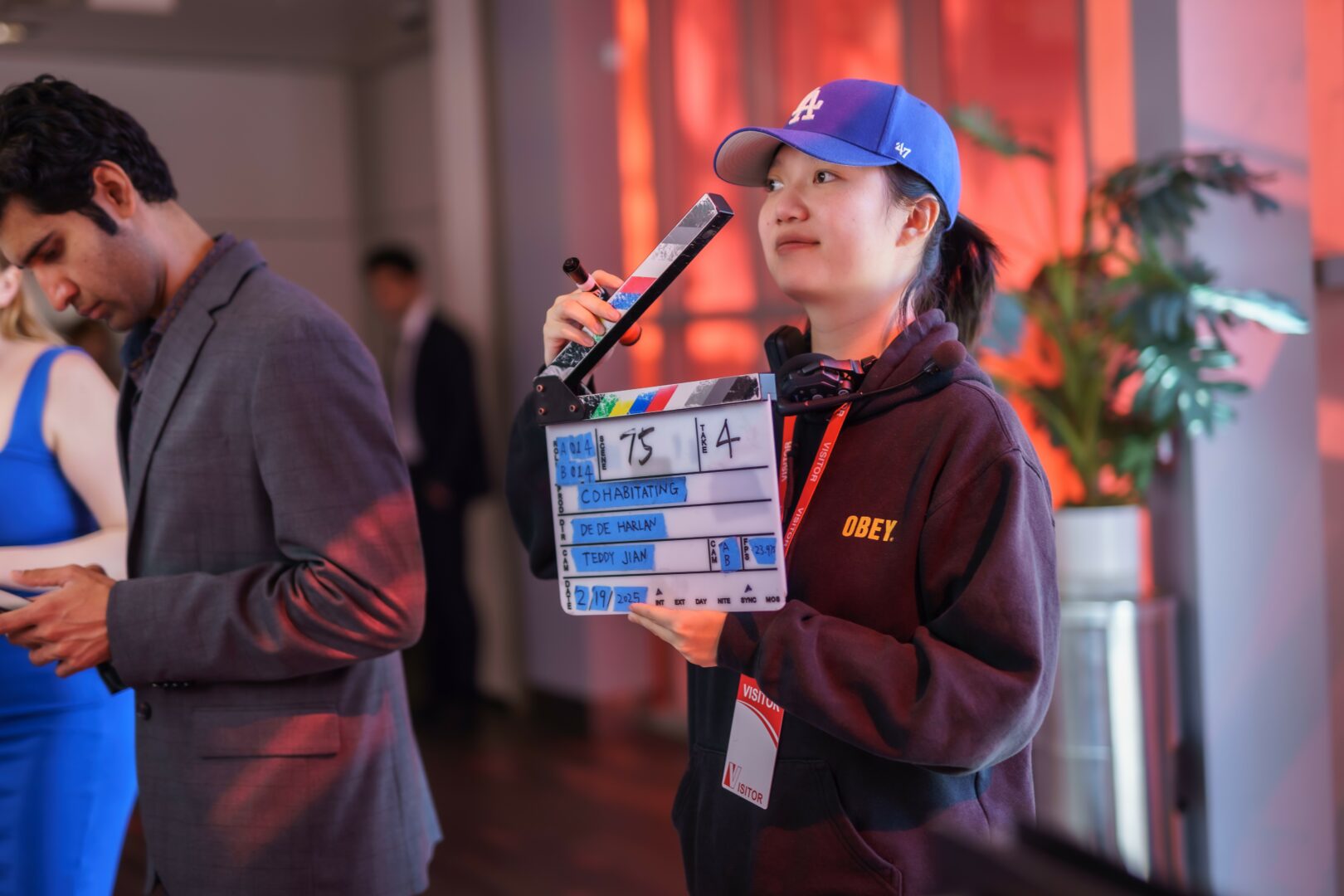
Any advice for folks feeling overwhelmed?
When I feel overwhelmed—which, let’s be honest, happens all the time as I navigate an industry that is changing at the speed of light—I rely on a few key strategies to recalibrate.
First, I break things down. Overwhelm often comes from feeling like everything has to be done right now, which is rarely true. I zoom out, assess what actually needs attention first, and tackle one thing at a time. Think of it like eating a giant pizza—you don’t shove the whole thing in your mouth at once (unless you’re in a competitive eating contest, in which case, respect); you take it one slice at a time.
Second, I take a pause—even if it’s just for a few moments. Overwhelm makes everything feel urgent, but stepping away for a breather often reveals that the world isn’t actually on fire (most of the time). Whether it’s a quick mental reset, a change of scenery, or just taking a deep breath, giving yourself space can help bring clarity.
Third, I remind myself that perfection is overrated. Sometimes, overwhelm comes from trying to do everything flawlessly. But let’s be real—some things just need to get done, not done perfectly. Striving for progress over perfection takes the pressure off and makes tasks feel way more manageable.
Finally, I find a way to make things fun. Whether it’s turning tasks into a game, rewarding myself for small wins, or blasting music like I’m in an ‘80s training montage, making things enjoyable takes the edge off the stress.
For anyone feeling overwhelmed, my advice is simple: slow down, prioritize, take breaks, and don’t be too hard on yourself. You’re doing better than you think, and that giant metaphorical pizza? You’ll get through it, one bite at a time
Contact Info:
- Website: https://tiffanyzhao39.wixsite.com/tiffany-zhao
- Instagram: @tiff309
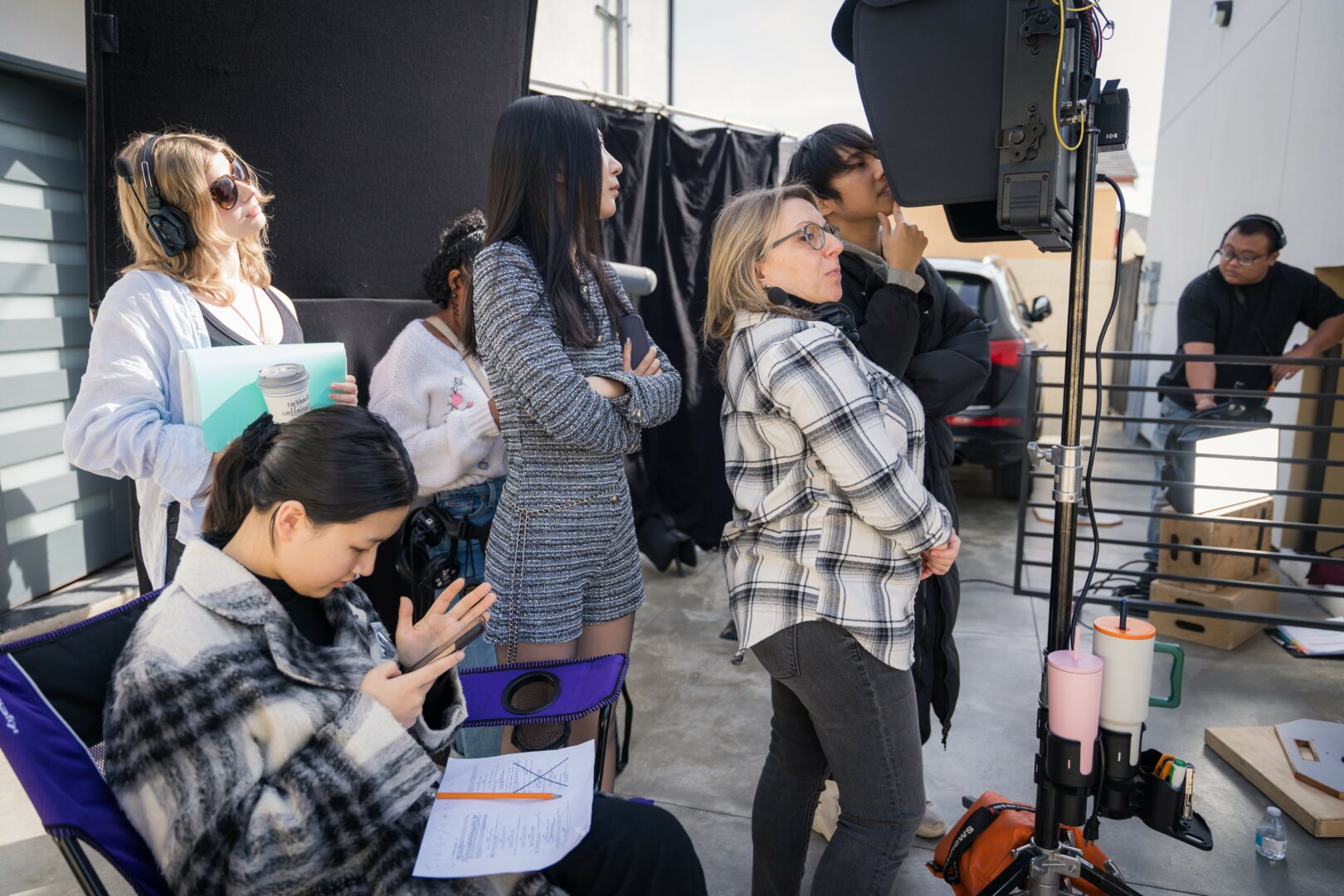
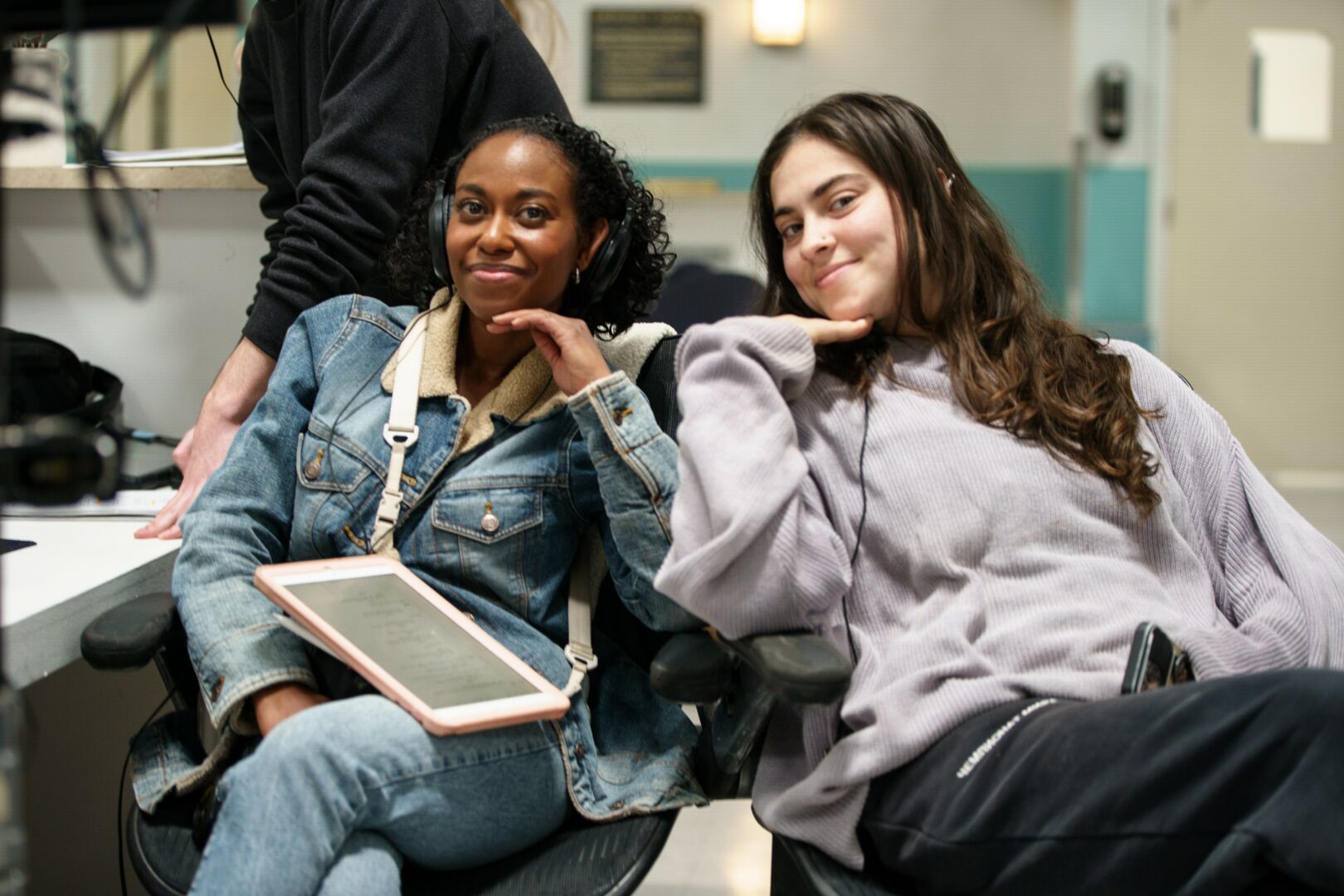
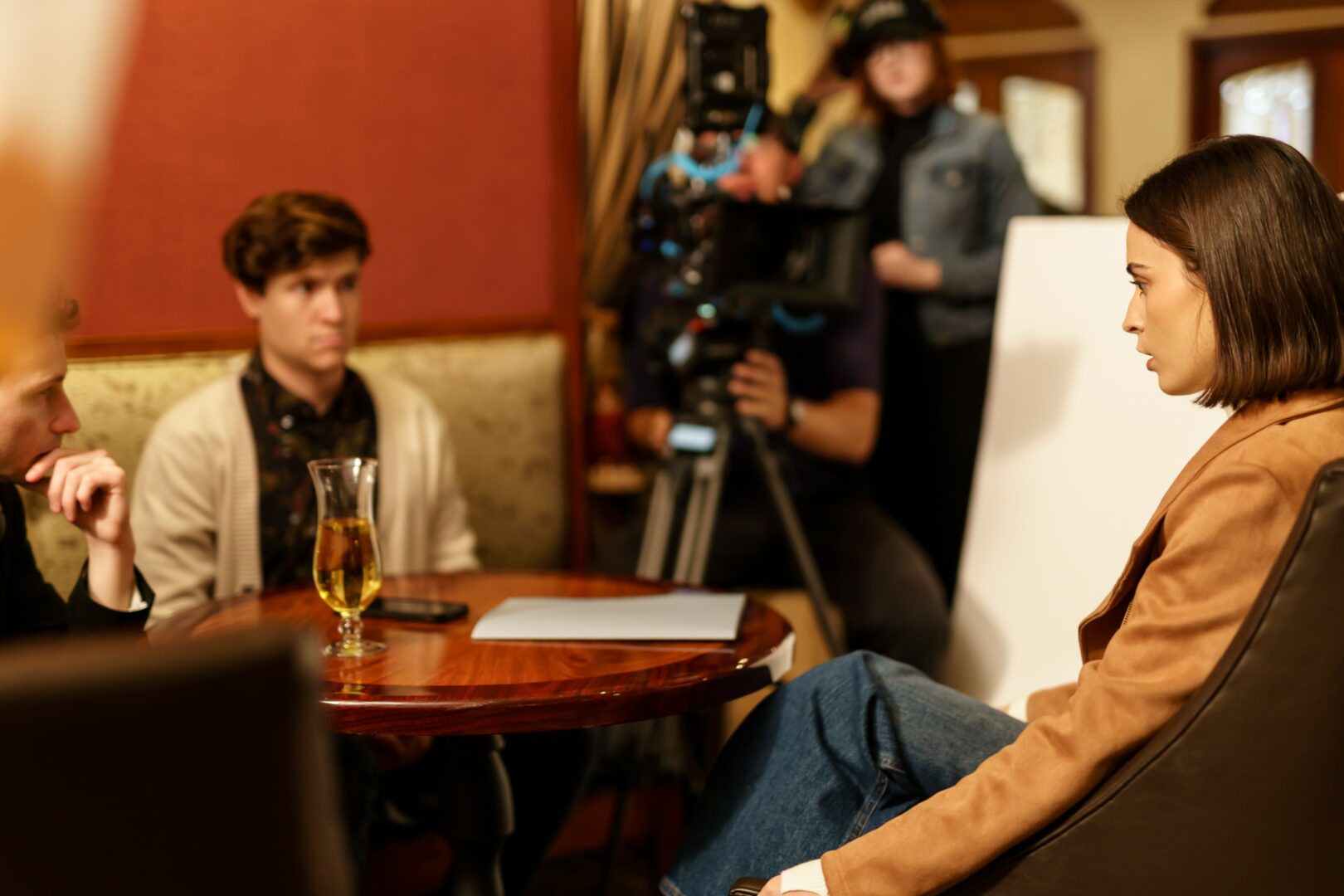
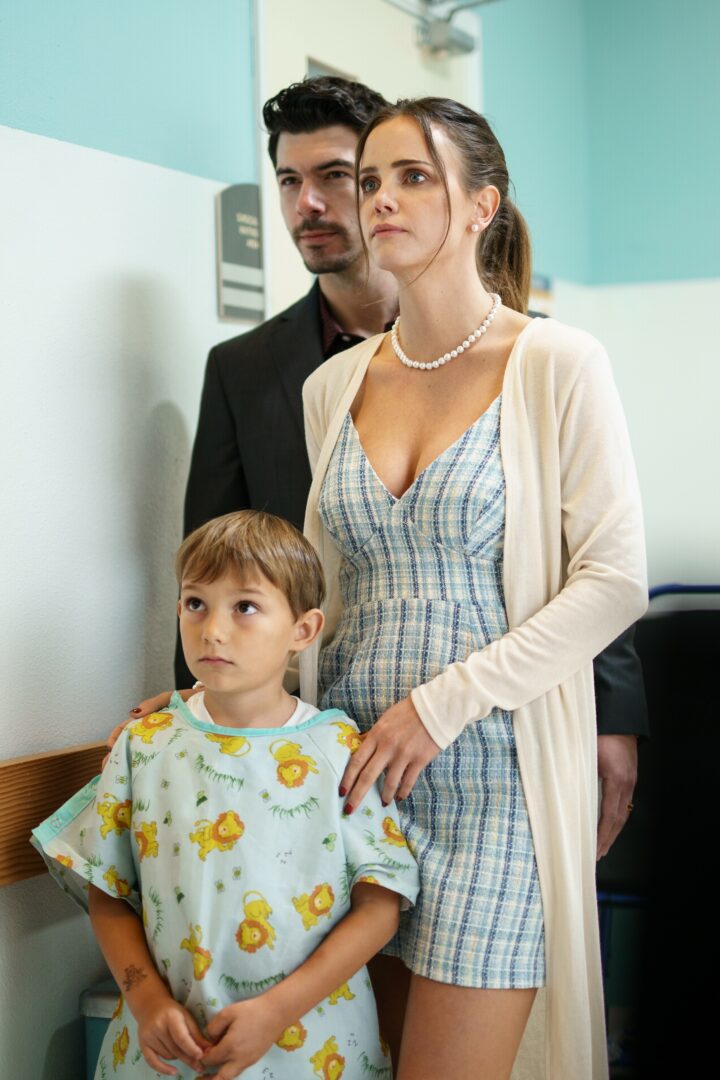
so if you or someone you know deserves recognition please let us know here.



